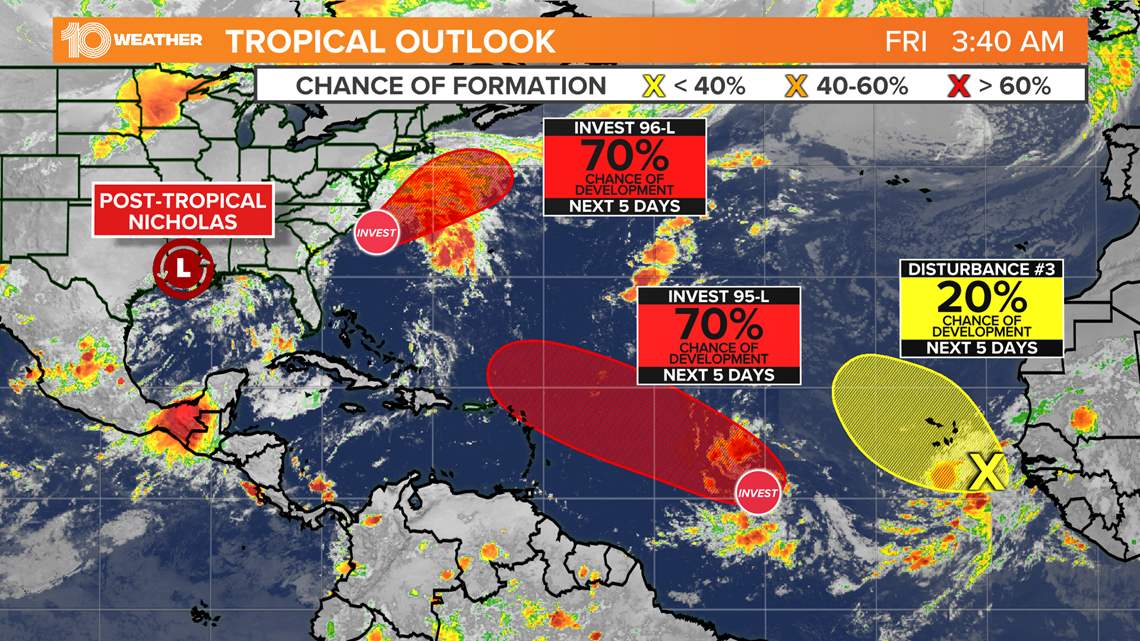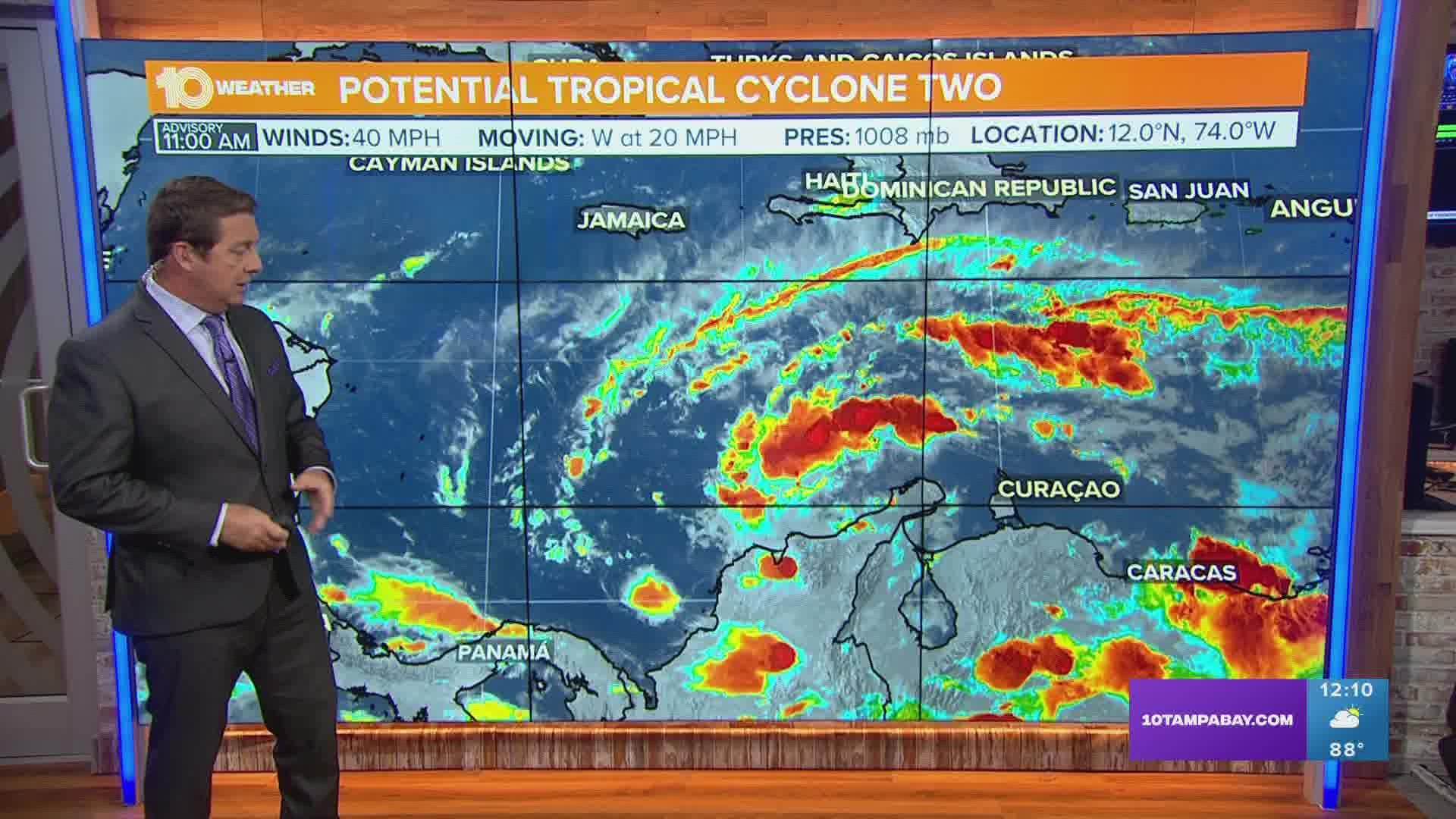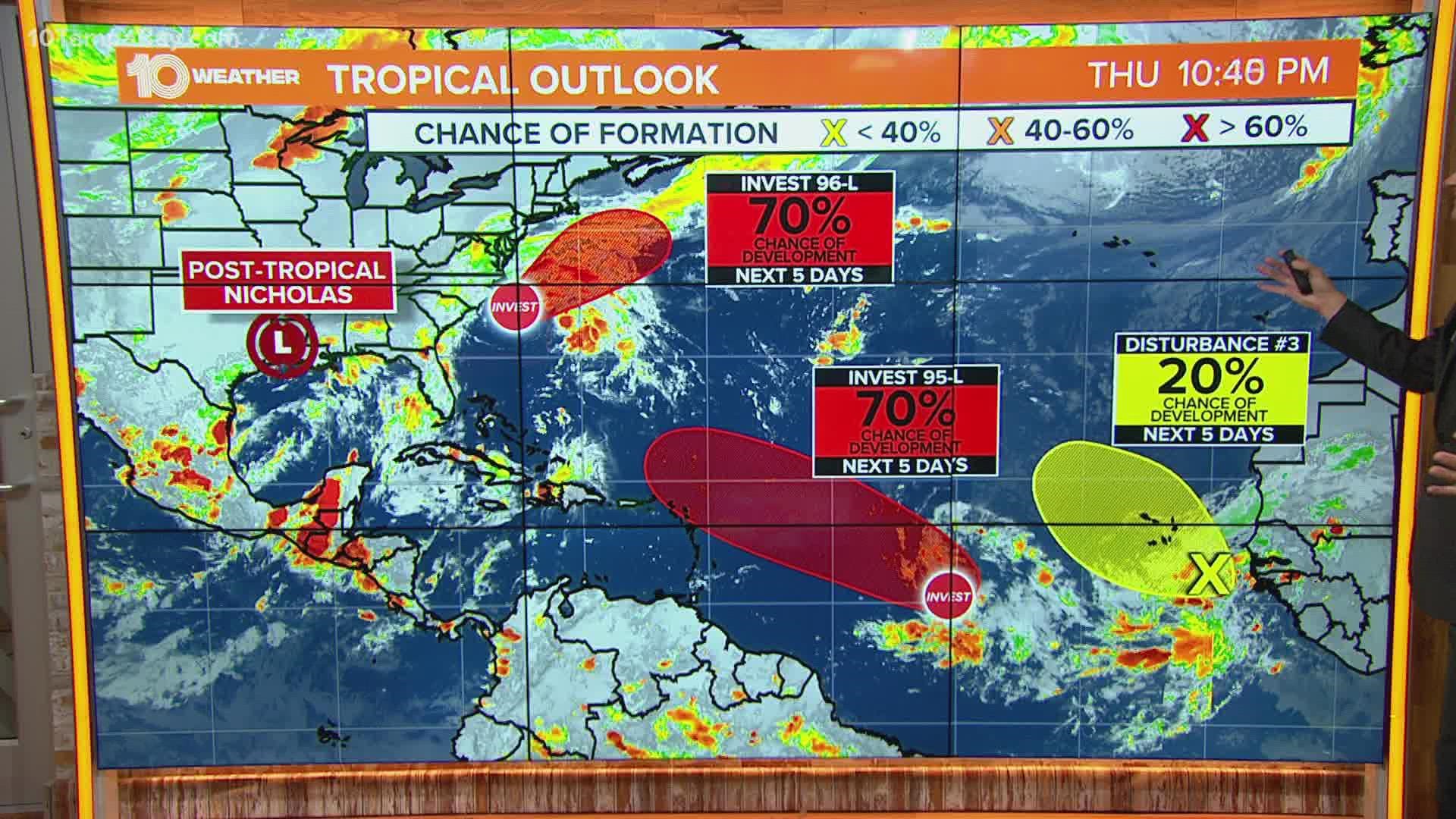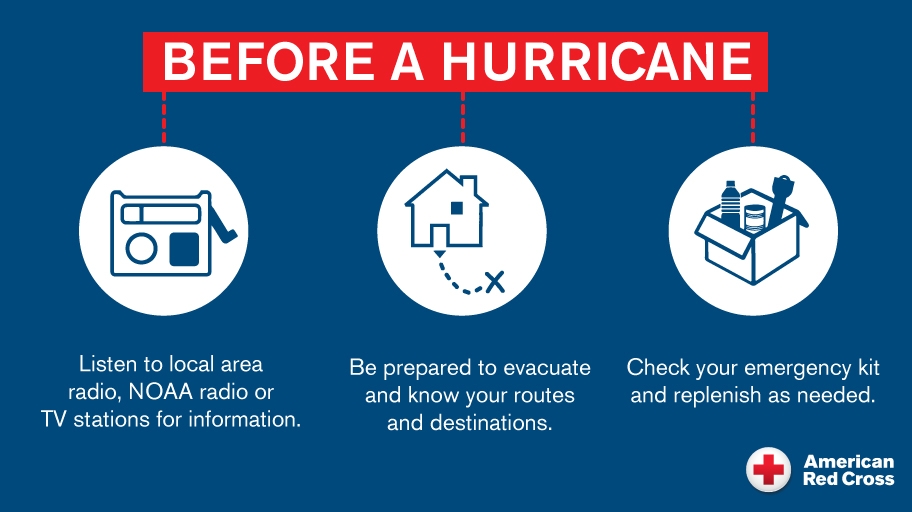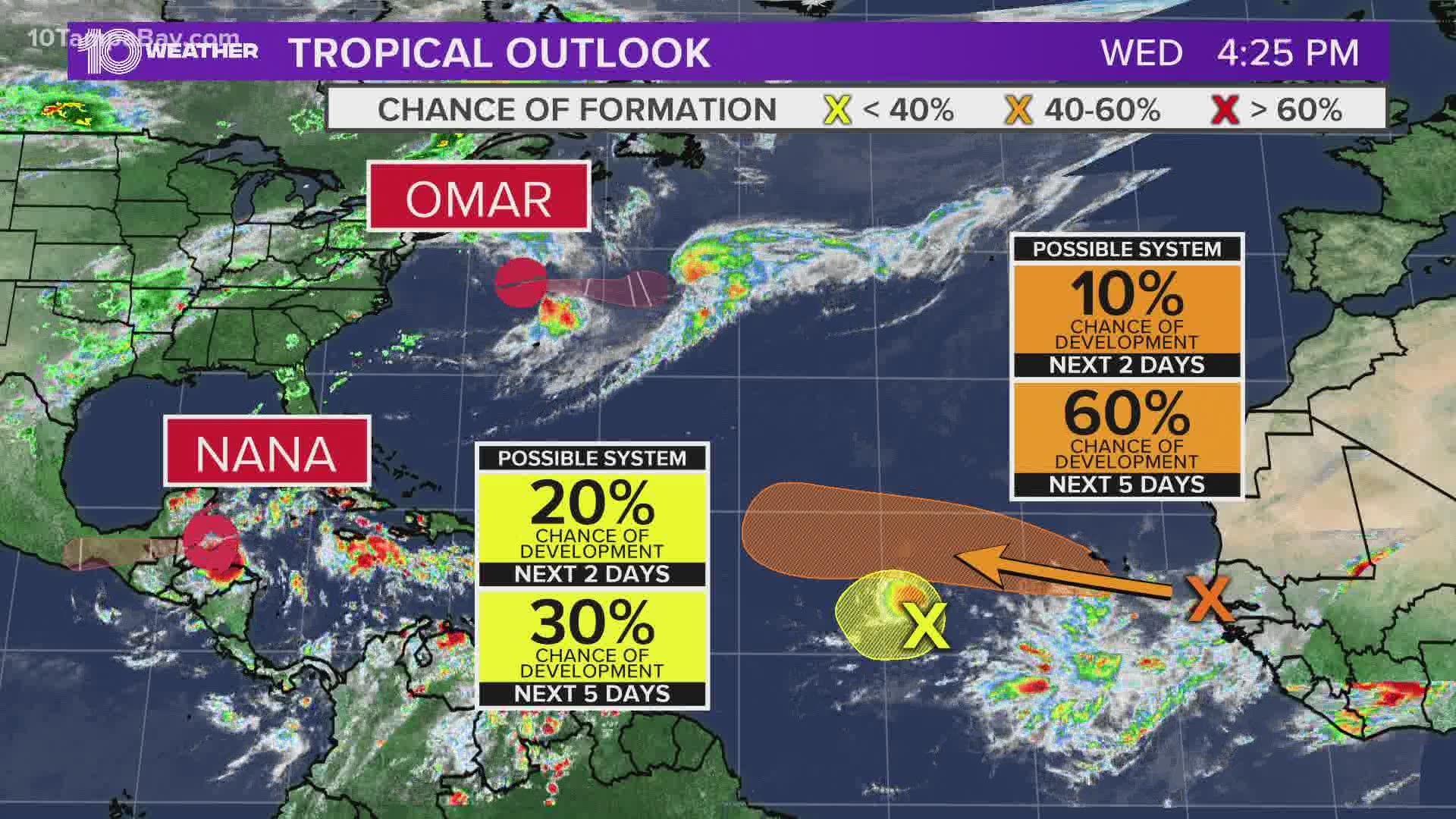· among the most common mistakes when writing—especially when writing something quickly like an email or text—is using you’re and your incorrectly. · in this article, we’ll look at the differences between your and you’re, including when to use them, and provide illustrative examples. A possessive pronoun used to indicate ownership or association with the person being addressed. For our text-based lesson. Emma, i trust your opinion a great deal. Your answer is correct. Your is a word we often use in everyday conversation and writing … (answer belongs to you. ) your uncle has a roman nose. You’re is a contraction of “you are,” a combination of a noun and verb to form one word. Your is to show something belongs to you or is related to you. for example: Your is an embarrassing mistake that is easy to avoid. In this article, we’ll help you remember which one to use every time so that when it comes to choosing your or you’re, you’re your own best resource. A speaker or writer uses your to indicate that something belongs or relates to the person or people that they are talking or writing to. If you are unable to obtain the information you … The meaning of your is of or relating to you or yourself or yourselves especially as possessor or possessors, agent or agents, or object or objects of an action. Your is a possessive adjective and modifies nouns. Does she think youre happy? In this video, you’ll learn more about when to use your and youre correctly in american english. These two words sound alike, but mixing up you’re vs. Youre and your are easy to confuse because they sound identical. I left all of your messages on your desk. · your (pronoun): Your is the possessive form of the pronoun you and … Belonging or relating to the person or group of people being spoken or written to: Youre is short for you are. for example: How to use your in a sentence. Your is a possessive form of you to mean the person is in ownership or possession of something.
Is Your Family Safe? Nhc Monitoring & 3 Tropical Storm Hotspots
· among the most common mistakes when writing—especially when writing something quickly like an email or text—is using you’re and your incorrectly. · in this...
